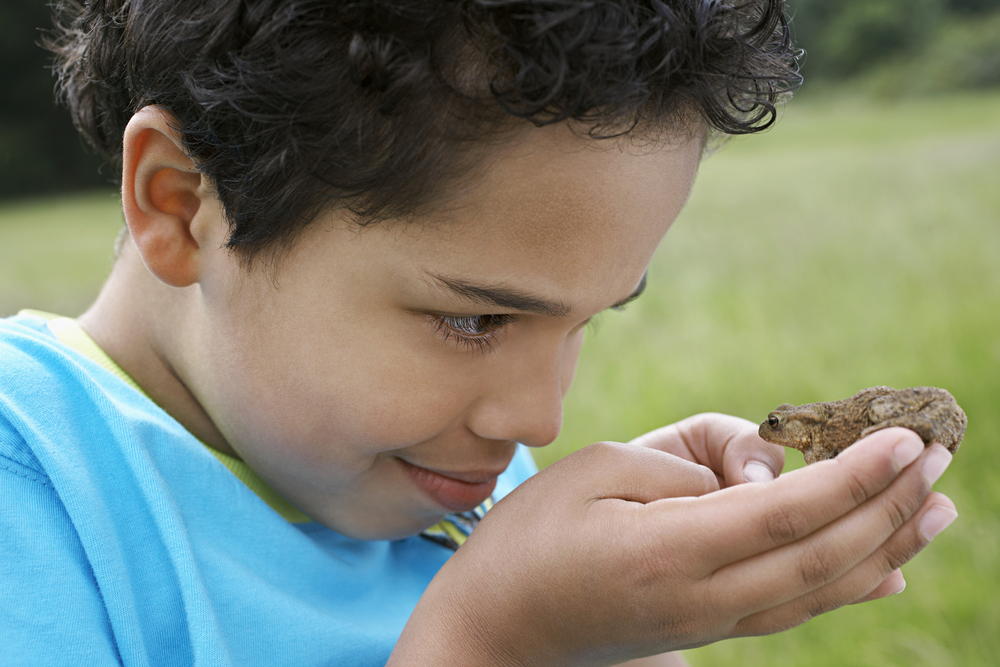Analytical skills Science Worksheets for Ages 6-9
6 filtered results
-
From - To
Empower young minds with our Analytical Skills Science Worksheets designed for kids aged 6-9. Elevate their scientific curiosity through engaging activities that enhance critical thinking and problem-solving abilities. Each worksheet offers hands-on experiments, exciting puzzles, and interactive exercises aligned with curriculum standards. Foster a deeper understanding of scientific concepts and promote intellectual growth in a fun, accessible way. Perfect for teachers and parents, these resources will inspire a lifelong love of learning and analytical skills development. Visit our website to explore our comprehensive collection and give your child a head start on their educational journey.
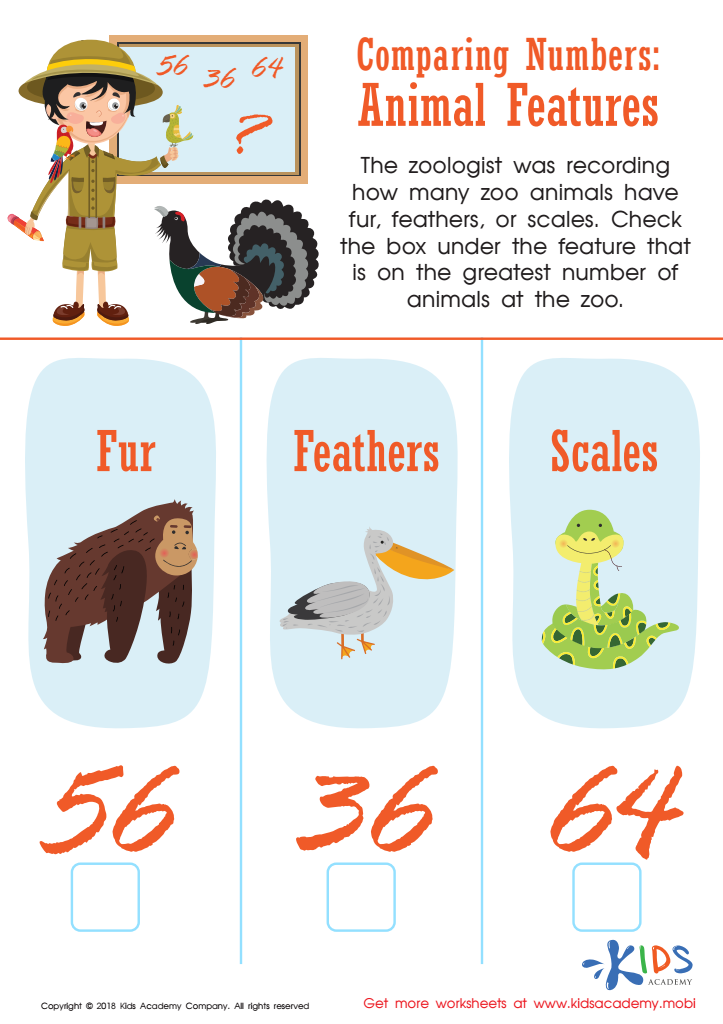

Animal Features Worksheet
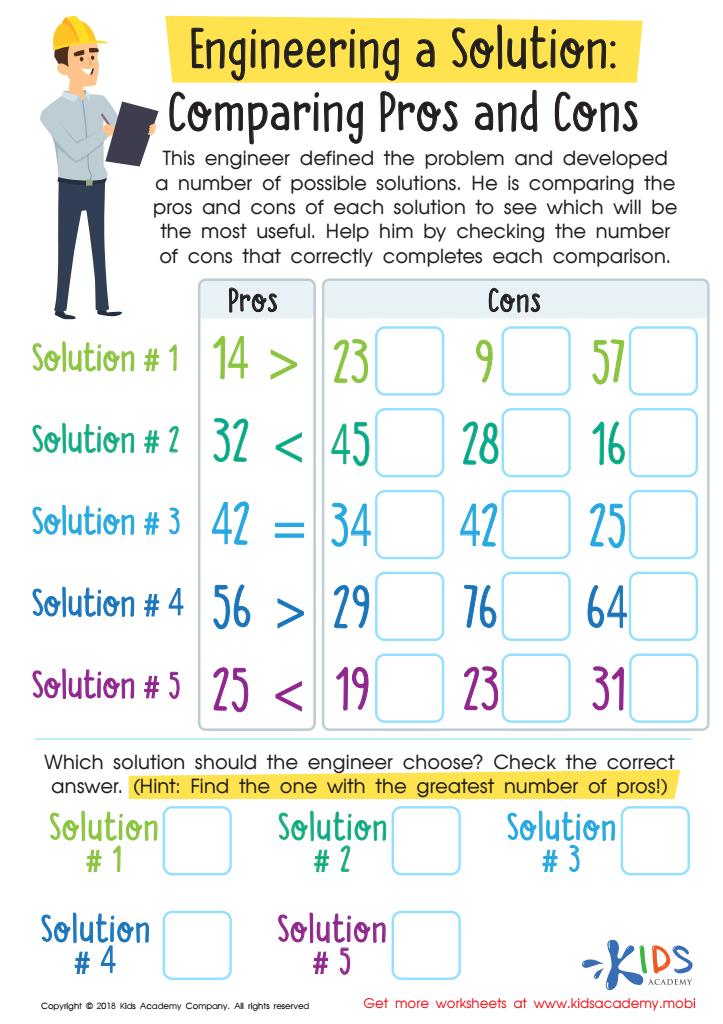

Engineering a Solution: Comparing Pros and Cons Worksheet
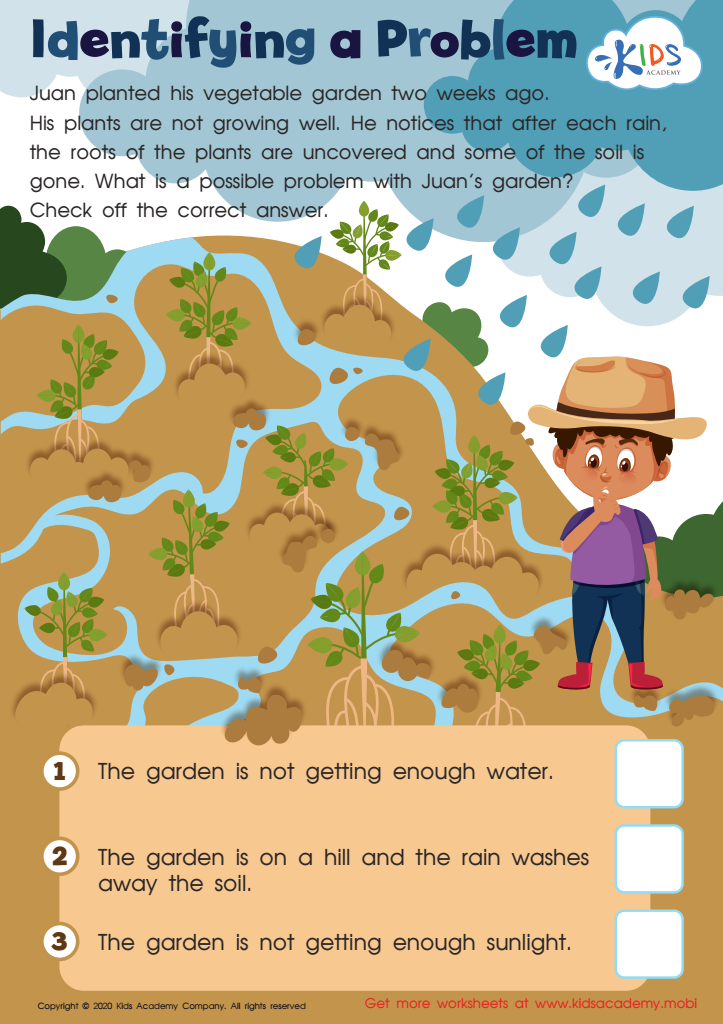

Identifying a Problem Worksheet
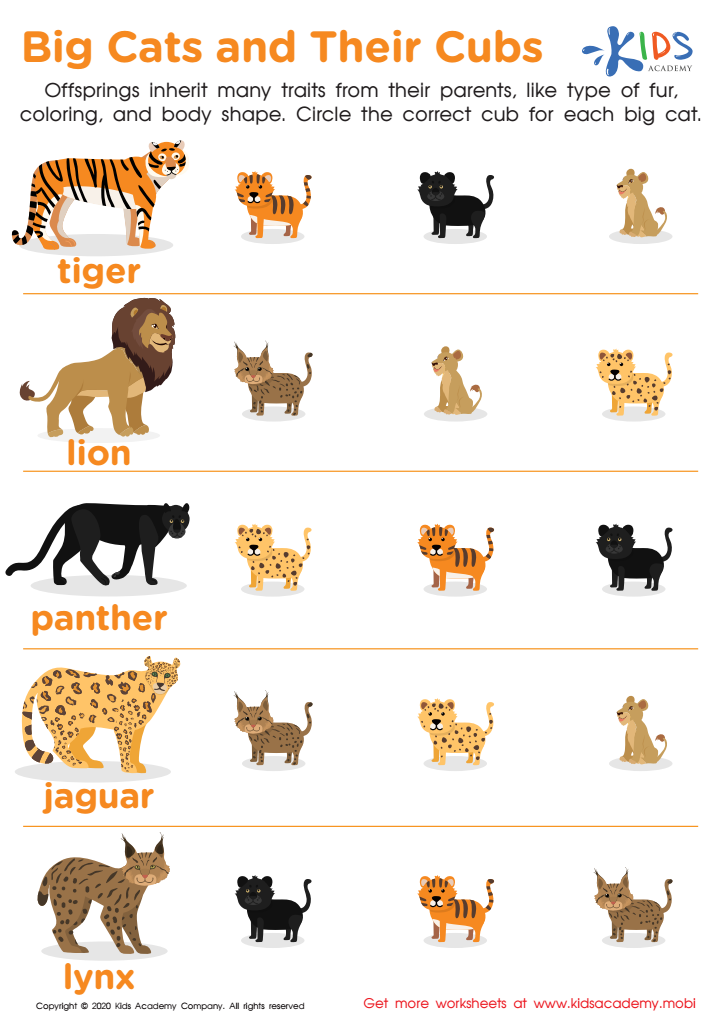

Big Cats and Their Cubs Worksheet
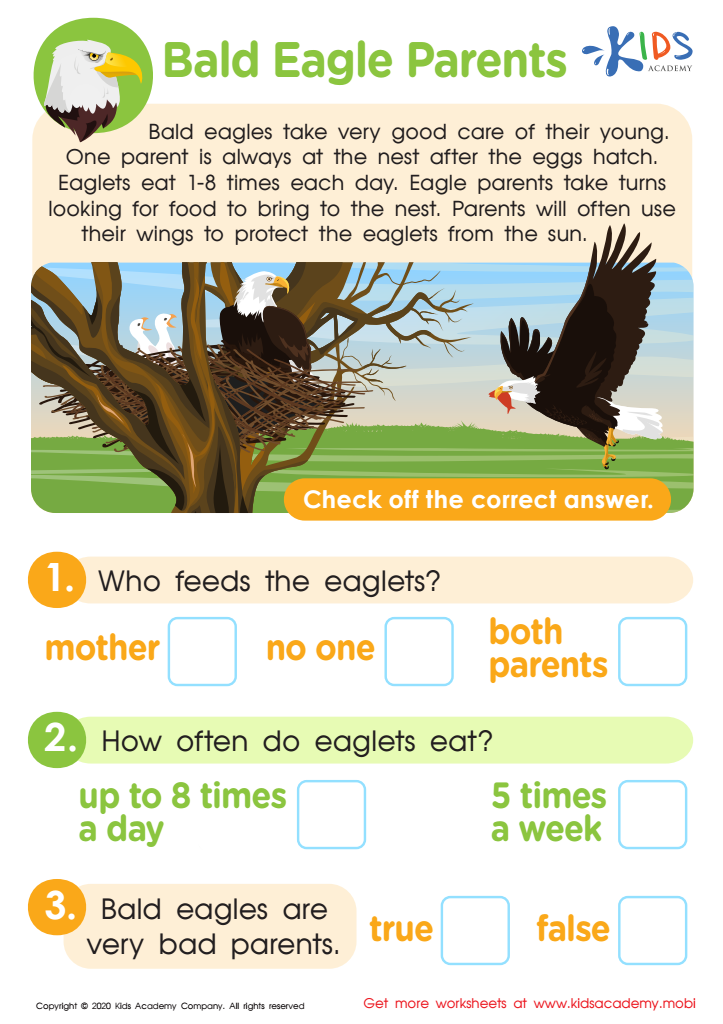

Bald Eagle Parents Worksheet
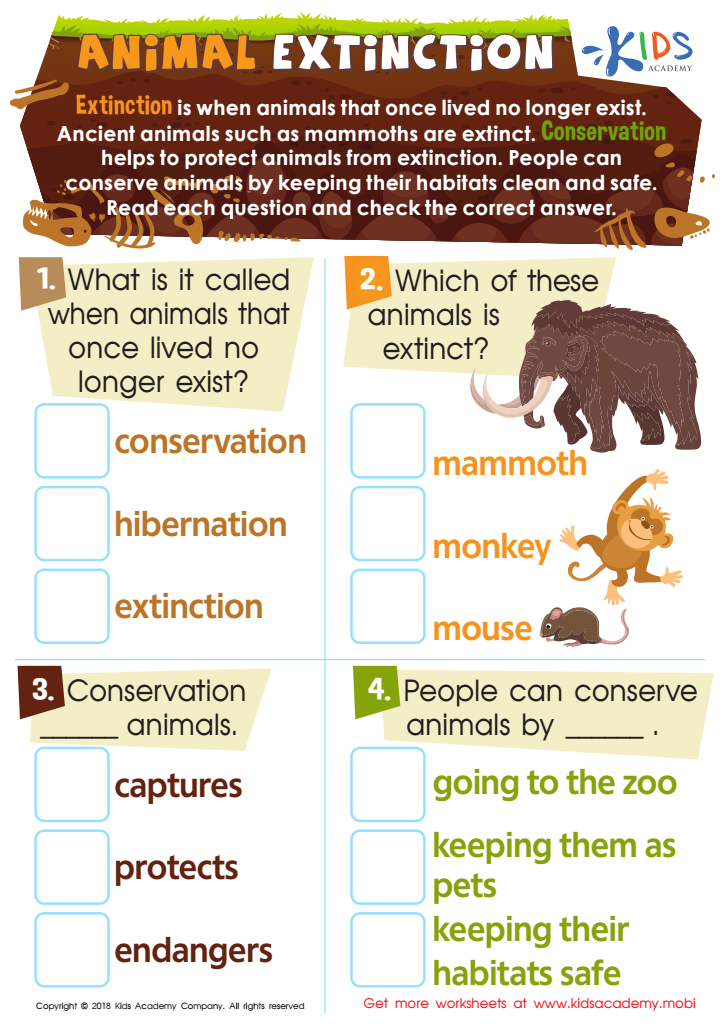

Animal Extinction Worksheet
Parents and teachers should care about developing analytical skills in children aged 6-9 because these skills lay the foundation for critical thinking, problem-solving, and lifelong learning. At this developmental stage, children's brains are highly receptive to new concepts and ways of thinking. Applying analytical skills to science education encourages curiosity, fosters a love for learning, and helps children understand the world around them in a structured manner.
When children engage in analytical thinking, they learn to observe carefully, ask questions, organize information, and draw conclusions based on evidence. These abilities are crucial not just for science but across all academic disciplines and real-life situations. For example, analyzing why certain plants grow better under specific conditions sharpens their reasoning and helps them appreciate the scientific method. This form of learning also promotes perseverance and attention to detail, as young learners experiment, make corrections, and try again.
Moreover, building these skills early helps bridge the gap between simple knowledge acquisition and deeper comprehension. It enables children to connect new learning with what they already know, enhancing their cognitive development and academic performance. Thus, prioritizing analytical skills in science during these formative years sets children up for future success and helps them become confident, independent thinkers.

 Assign to My Students
Assign to My Students






